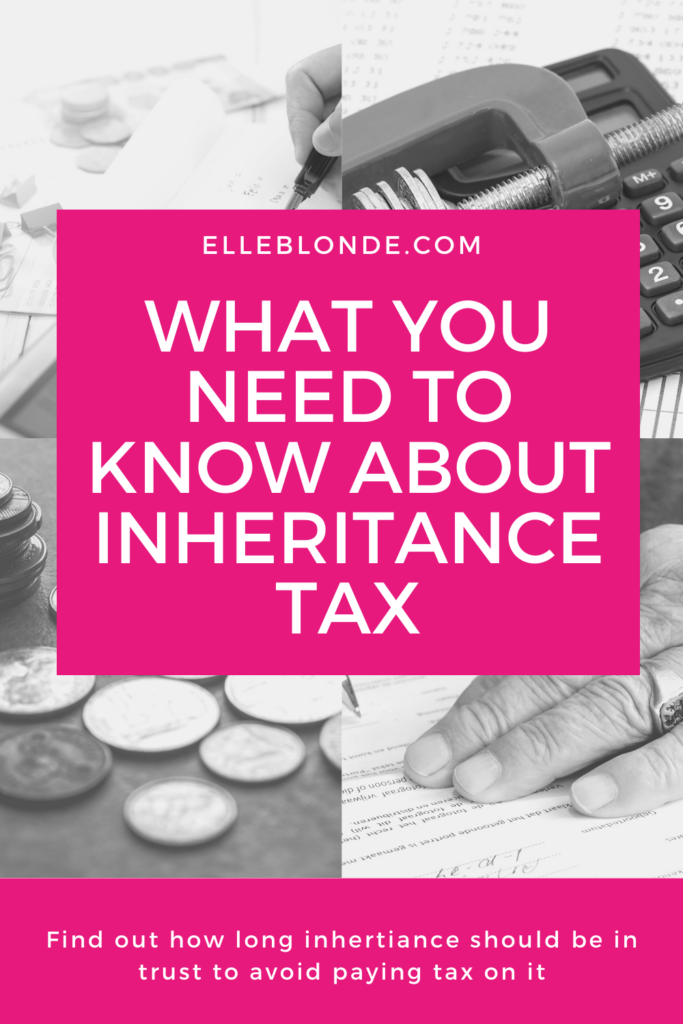When a person passes away, the grief of their relatives is often exacerbated by the paperwork they need to do. One of the most unpleasant things happening to them is the inheritance tax they have to pay after making an inheritance claim in order to receive money or property their relative has left to them.
Depending on a country, an inheritance tax can reach 40% of the total amount of money one receives, which is a lot. Many people want to avoid it, and therefore, take different measures for it. One of the ways to avoid IHT (Inheritance Tax) is to put money or property in a trust.
Putting money or property in a trust allows an individual to pass them on to another person, potentially with specific stipulations. For instance, you can decide that the receiver of your money or property, like a house, can only access or utilise it at a certain age.
This approach is particularly beneficial if you have young children, as you can ensure they inherit money or property, including real estate, under conditions that prevent premature access, guaranteeing they will only be able to receive and perhaps decide on selling an inherited house fast once they’ve reached maturity and are more capable of making informed decisions.

Also, you can impose rules on how money can be spent. For instance, you can give it to your relatives or other people on the condition that they will spend it on a mortgage or tuition bills. Therefore, you’ll have peace of mind that your well-earned money is spent wisely.
How Long Must a Trust Be in Place to Avoid Inheritance Tax?
Is There Any Time Limit?
When it comes to how long your money should be in a trust to avoid IHT, there is no time limit. The most important thing is to have it in an irrevocable trust fund. Once you put your money or property, they become free of taxes. However, it is almost impossible to get them back.
If you find the solution of putting your assets in an irrevocable trust not good or too risky, you can still try other methods to avoid IHT.

Staying Below the Threshold
There is a limit of money that one can inherit without paying taxes. It changes depending on the country. In the U.K., for instance, it is £325,000 and £650,000 for a married couple. Therefore, you might consider giving your relatives the property to your relatives. Just make sure its estimated value is less than this number.
When it comes to money, you can pass extra money on a yearly basis as a gift to the family members. Dividing your assets into small parts and giving them to your children or grandchildren every year is a smart decision for those who want to avoid taxes.
You can also spend the extra money that might be taken by the government on yourself. Enjoying life is always the best investment. You can travel around the world, try new food, or buy expensive things. Saving money is good, but enjoying simple moments when it’s not too late is better.

You can also consider donating extra money to charity. Maybe you will save one’s life? There are many people all over the world who might need your help. If you have assets that exceed the limit and you know that your relatives will not receive them after your death, you might donate them right now.
Unfortunately, there are not so many ways to avoid an inheritance tax. It would be best if you took care of this issue long before you want other people to inherit your property. The earlier you start taking action, the less the risk that your relatives will have to give away a huge percentage of the heritage to the government.
The Bottom Line
As mentioned, it doesn’t matter whether you put your assets in a trust a couple of decades ago or straight before passing your property to other people. An irrevocable trust fund makes you and the beneficiary of assets free from taxes. However, before making this decision, you should contact a specialist and scrutinize as many details as possible. As the very name says, the assets will never belong to you after you put them in this type of trust.
You should also know what the threshold is in your region and stick to it. The money that is excess can be spent in a very useful way. If the price of a property is too high, you might consider selling it and buying a cheaper one. The money that is left after it can be given as a gift to your relatives, which will be free from taxation.

